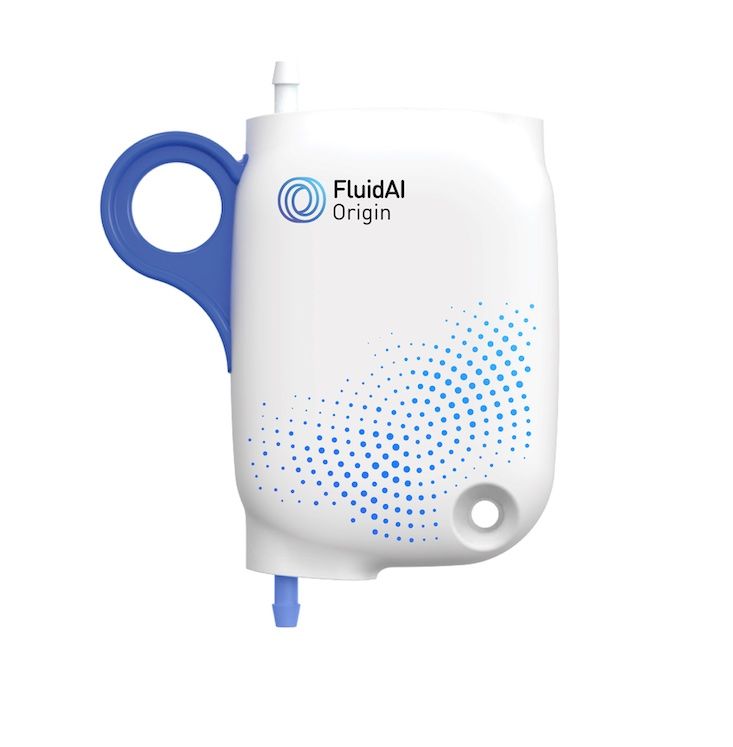News
Canadian Medical Technology Consortium Collaborates on State-of-the-Art Postoperative Patient Management Platform, Led by FluidAI
September 9, 2024
KITCHENER, ON, Sept. 9, 2024 /PRNewswire/ - Building on the success of the Continuous Connected Patient Care (CCPC) project, a consortium of leading Canadian medtech companies, led by FluidAI Medical in collaboration with Medtronic Canada ULC, Excelar Technologies, Providence Health Care Ventures, and the University of Waterloo, has announced the launch of the Postoperative Patient Management Platform (PPMP) project under Canada’s Global Innovation Cluster for digital technologies, known as DIGITAL. This initiative aims to revolutionize postoperative care through advanced artificial intelligence (AI) and machine learning technologies.
Postoperative complications pose significant challenges, leading to prolonged hospital stays, increased healthcare costs, and adverse patient outcomes. Studies have found nearly 15% of surgical mortality cases are potentially preventable if caught earlier [1]. Additionally, the associated costs of additional treatments following complications due to prolonged hospital stays and readmissions are estimated to be between 1.5 to 4 times higher than for primary admissions[ 2, 3 ]. The PPMP project addresses these issues by developing a sophisticated platform that utilizes in-hospital data to create predictive models for patient risk assessment. This platform will help healthcare providers make timely and informed decisions, enhancing patient care and reducing the burden on healthcare resources.
The primary objectives of the PPMP project include the development of advanced predictive analytics to foresee postoperative complications such as anastomotic leaks and respiratory depression. Respiratory depression, often induced by opioids administered during and after surgery, is a significant adverse event that can result in prolonged hospital stays and increased costs—up to $23,000 USD for high-risk patients [4]. Additionally, current diagnostic techniques, such as CT scans, have limited sensitivity in detecting postoperative complications like anastomotic leaks, which often go undetected for an average of 8.5 days, posing severe risks to patient health [5]. By integrating extensive data sets from electronic health records and monitoring devices, the platform will offer actionable insights for surgeons, allowing for quicker and more precise decision-making. The commercialization strategy includes initial deployment at Providence Health Care’s St. Paul’s Hospital in Vancouver, with plans to expand to other hospitals, leveraging partnerships to distribute the platform across Canada, the US, and global markets.
READ THE FULL STORY

